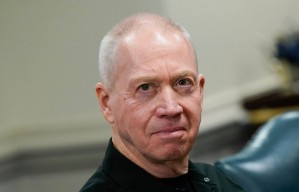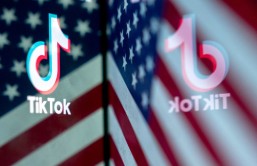Boeing and the Space Exploration Technologies Corporation are the winners in a competition to carry American astronauts to the International Space Station, The New York Times reported on Tuesday.
The awards reflect a notable shift in NASA's human spaceflight program, relying on private companies rather than the traditional hands-on approach, in which NASA designed and operated the spacecraft.
The first flights could take off as soon as 2017.
"We have credible plans for both companies to get there by that period of time," Kathryn Lueders, the manager for NASA's commercial crew program, said during a news conference on Tuesday. "We will not sacrifice crew safety for that goal."
Boeing signed a $4.2 billion contract. Space Exploration Technologies - better known as SpaceX, of Hawthorne, Calif. - received a $2.6 billion contract.
"Today we're one step closer to launching our astronauts from U.S. soil on American spacecraft and ending the nation's sole reliance on Russia," said Charles F. Bolden Jr., the NASA administrator.
NASA retired its space shuttles in 2011 and has had no way to send its astronauts into orbit, instead relying on the venerable Russian Soyuz spacecraft for transportation to and from the International Space Station at a cost of $70 million per seat.
That became a politically controversial arrangement after Russia's annexation of Crimea and support of pro-Russian separatists in Ukraine.
John Mulholland, commercial crew manager at Boeing, said NASA had called shortly before the news conference to tell him his company had won the competition.
Under the contracts, Boeing and SpaceX will finish development of their spacecraft. Boeing's CST-100 capsule, made to carry up to five people, will launch on an Atlas 5 rocket. SpaceX's Dragon 2 capsule, a sleeker, more up-to-date version of the capsule already carrying cargo to the space station, will ride on top of the company's Falcon 9 rocket.
The bids from the two companies covered the same tasks. Boeing's proposal was more expensive, partially because the Atlas 5 is more expensive than the Falcon 9.








